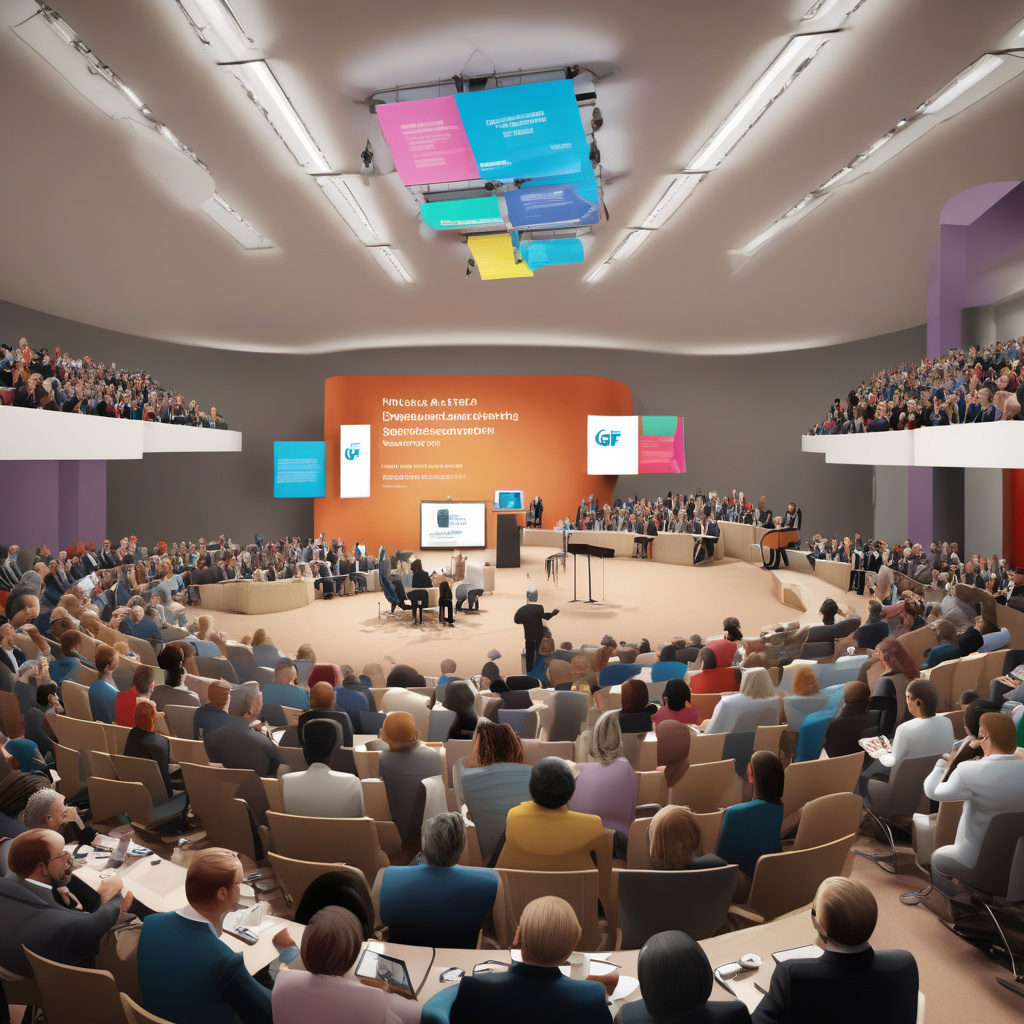Big Tech’s Dominance of Information Sparks Intense Debate at IGF 2025 in Norway
In a world where information is power, the control and dissemination of truth have become more critical than ever before. The International Governmental Forum (IGF) 2025 held in Norway recently saw global leaders coming together to address a pressing concern – the overwhelming grip that Big Tech companies have on information in the digital age. With democracy facing threats from AI-fueled disinformation and the shadowy workings of opaque algorithms, the urgent question on everyone’s mind was clear: who truly controls the truth in our interconnected world?
The influence of Big Tech giants like Google, Facebook, Amazon, and Twitter has been steadily growing, raising concerns about their unchecked power to shape narratives, control access to information, and manipulate public opinion. These tech behemoths have become the gatekeepers of the digital landscape, determining what content reaches users, how it is presented, and ultimately, influencing what people believe to be true. This dominance has sparked fears of echo chambers, filter bubbles, and the spread of misinformation, posing a direct threat to the foundations of democracy and societal cohesion.
At IGF 2025, leaders from across the globe engaged in heated discussions about the implications of Big Tech’s stranglehold on information. The proliferation of AI-driven algorithms that curate news feeds, recommend content, and target advertisements has raised questions about the neutrality and accountability of these systems. With algorithms shaping our online experiences and influencing our perceptions, there is a growing recognition that the algorithms themselves may be biased, reinforcing existing prejudices and amplifying misinformation.
Moreover, the lack of transparency surrounding these algorithms has further fueled concerns about the opacity of decision-making processes within Big Tech companies. The black-box nature of algorithmic systems makes it difficult to ascertain how information is selected, filtered, and presented to users, leading to calls for greater accountability, oversight, and regulation of these technologies.
One of the key points of contention at IGF 2025 was the need to balance the benefits of technological innovation with the protection of democratic values. While AI and algorithms have the potential to enhance efficiency, personalize user experiences, and drive economic growth, their unchecked deployment can also erode trust, distort reality, and undermine the integrity of public discourse. Finding the right balance between innovation and regulation is crucial to ensuring that technology serves the greater good without compromising fundamental rights and freedoms.
As the discussions at IGF 2025 underscored, the issue of Big Tech’s control over information is not just a technical or regulatory challenge but a profound societal and ethical dilemma. It raises fundamental questions about the nature of truth, the dynamics of power, and the future of democracy in an increasingly digitized world. Addressing these complex issues will require a multi-stakeholder approach involving governments, tech companies, civil society, and academia to foster transparency, accountability, and inclusivity in the digital ecosystem.
In conclusion, the urgent debate at IGF 2025 in Norway has highlighted the pressing need to reassess the role of Big Tech in shaping the information landscape. With democracy under siege from AI-fueled disinformation and opaque algorithms, global leaders must work together to ensure that the truth remains a public good, accessible to all and controlled by none.
#BigTech, #IGF2025, #InformationControl, #Democracy, #AIInfluence










